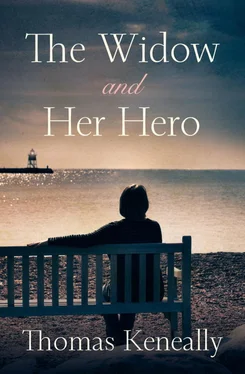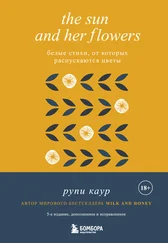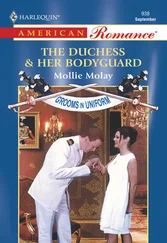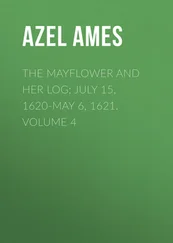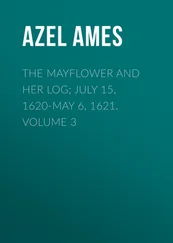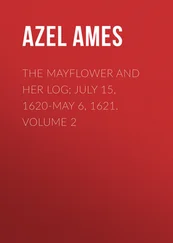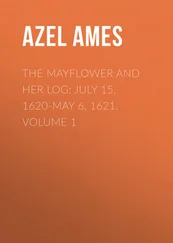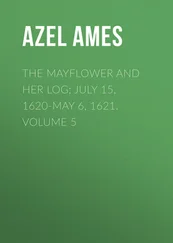Leo and I travelled to Sydney and stayed at the Commonwealth Hotel, where I put into action without fear the tenets of my mother’s manual. I thought I’d be the master, Leo told me with a lusty smile. I find I’m the pupil. We visited all the sights, catching the Manly ferry, and then going by train to the Carrington in the Blue Mountains, the traditional hotel of the newly married then. It was all marvellous. I can say that without quaver even to my knowing, slightly mocking granddaughter, although the sex was not utterly without fear. As in all great arenas, courage had to be acquired through repetition. But we were set on an excellent, happy marriage. I suppose that part of the test is I barely remember the conversations we had. All was a golden, unified sphere of delight and very ordinary reassurances to each other that we had never been happier.
One day when we could contemplate being on less than intimate physical terms for some hours and went walking in the luxuriant dampness of the Jamison Valley, Leo told me that he might be sent on operations again, and suggested therefore that we should try stratagems to avoid the conception of a child. He felt that was only fair to me, he said. There were moments when, swept away, we risked conception anyhow. Within nine days of the wedding however, he went to Melbourne, and I prepared to follow him.
It was Dotty Mortmain who told me after I arrived in Melbourne as a young bride that the wondrous Doucette had gone to look at new gear and wonder-weapons in London. She said that we could enjoy our husbands’ company as long as he stayed there, so she did not wish him a speedy return.
But more of her in a while, because what happened to me on my train journey down would have something to do with Dotty. For a country-girl like me the journey from Sydney to Melbourne was considered significant travelling. It was, after all, nearly 600 miles, a distance which in Europe would have placed the traveller in another country. The trains were crowded with troops, American and Australian. But I, being an officer’s wife, had a sleeping compartment, which I shared with another wife, seemingly unhappy and older, who had obviously, like Dotty, passed through the veil I had not yet breached between girl- and womanhood. She was probably in her mid-to-late thirties, and I noticed she was very pretty in a slightly hawkish way. I knew her husband was a major from the fact that the nameplate on her bunk said Mrs Major Enright , in the same way that mine said Mrs Captain Waterhouse.
As the train rollicked south-west through endless pastures, I could hear her weeping during the night in the bunk above me. I was very grateful that I was married to Leo, because I knew he would never give me any need to weep the sort of tears Major Enright’s wife was shedding loudly and without any embarrassment.
For lack of a standard rail gauge between Victoria and New South Wales, we all had to be dragged from our bunks in the small hours, and given a cup of tea, and then told to get down on Albury Station and sit in the first-class lounge. This was a primitive room – hard benches around a coal fire even in summer. Or else we could go to the refreshment room, while the broad-gauge (5 foot 3 inch) train from New South Wales was emptied and shunted out, and the standard-gauge (4 foot 8½ inch) train from Victoria took its place.
My cabin companion took neither of the proferred options, and I found the waiting room very uncomfortable, and the refreshment room full of soldiers calling for beer at 4.30 in the morning. She sat on one of the station’s benches and began smoking with a vengeance. Innocently, I asked her was she well. Once I did, the tears dried, as if she had been waiting all night for me to say something like this. She set her face as if she had at last decided on some solution to her grief.
I was just making up my mind to start a plain conversation with her, something about, It’s an endless journey, isn’t it? when she offered me a cigarette from her silver case.
I said no thanks. She told me to take a seat beside her if I wished to.
She said, I’m sorry I was such a grump at the start of the trip. You would have guessed. It’s always men. Those absolute buggers. Enjoy being young, anyhow. Once you show the slightest flaw, you can expect to weep a great deal.
It’s just as well I have flaws to start with, I told her. I was probably annoyingly blithe, like most people in love. I was amazed myself about the perfection of things with Leo, what a bright companion he was, what a dazzling man.
Oh, we’re all amazed, dear. At first, they mimic our needs, but they don’t really feel them, or meet them or give a damn.
These were, I realise, not particularly original ideas about men, but you have to remember the time. I had never heard them uttered before except by racy, world-weary women in films. They weren’t the sorts of things my mother had ever said – somehow I felt naively certain of that. She pulled out a silver flask and unscrewed the cork with the hand which held the cigarette. Gin, she told me. Do have some.
I smiled so that she wouldn’t think me rude. Look, thanks. I’ve had gin once before, and I don’t think Albury Station’s the right place for a second try.
Fair enough, she said. She took a long swig herself. But the time might come, she said, gasping with pleasure, when you’ll find it’s good at any hour, and absolutely anywhere. You see, I have to brace myself for a fight. My husband wrote me a letter a week ago, telling me that there was no place for me in his flat in Melbourne, that another woman has taken occupation. He was so sorry. He intends to marry this other tart. I sent him a telegram, telling him to cut out the nonsense and that I was coming anyhow. He sent me a reply that addressed nothing. If you have to come, I’ll meet you at the station . That’s the other thing I didn’t mention. They’re bloody cowards. Oh, they’ll charge a machine-gun for you. But the idea of a scene, especially a scene witnessed by other men… that’s what terrifies them.
She adopted a gruff male voice. I can stand anything except screaming women , she mimicked.
She snorted. Well, all that rough soldiery hanging round the refreshment room are going to see a major subjected to quite a scene at Swanston Street Station.
I thought, Leo and I will have to be subjected to that as well.
The woman looked up at me with her stricken eyes. I apologise in advance, she told me. But I’m a woman fighting for her life.
I’ve got very little experience at any of this, I said, but it might shame him if you appealed to him. To his better nature.
No, she told me. None of us must ever do that. That puts you at their mercy. Look, I’m sorry to load you up with this utter shit!
I told her not to worry. A new train came into the station to take us on to Melbourne, and Victorian Government Railways conductors began yelling at the soldiers in the refreshment rooms to leave their beer and get aboard. Mrs Enright and I had to sit up, in an admittedly comfortable carriage, all the way to Melbourne, as the summer sun came up over the mountains to the east of the rail line. We were not alone. There were three officers in our compartment. Everyone tried to sleep, but only Mrs Enright, helped out by her gin, managed it. It was not a graceful nap, however, for her mouth opened and she began snoring. I gave her a nudge to save her from unconscious embarrassment. You might well say I was a bit priggish to do that. I had an innocent assumption that decent women were too angelic to snore. Again, that’s the way we were. We were closer to Jane Austen than to Madonna or Julia Roberts.
When Mrs Enright woke up properly, and everyone definitely abandoned their attempts at sleep, the youngest of the officers, a freckled young man of about twenty-one years, spoke to her across the compartment.
Читать дальше
